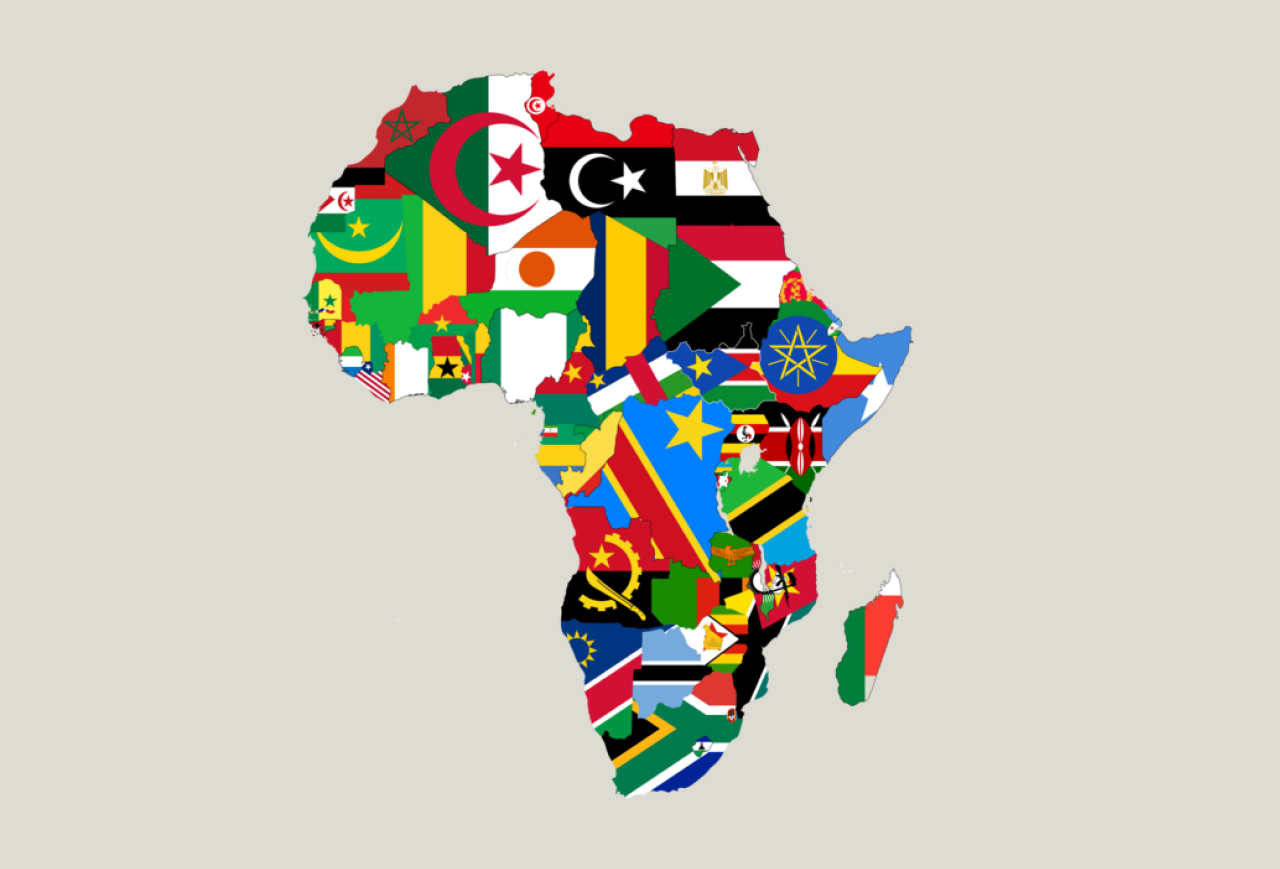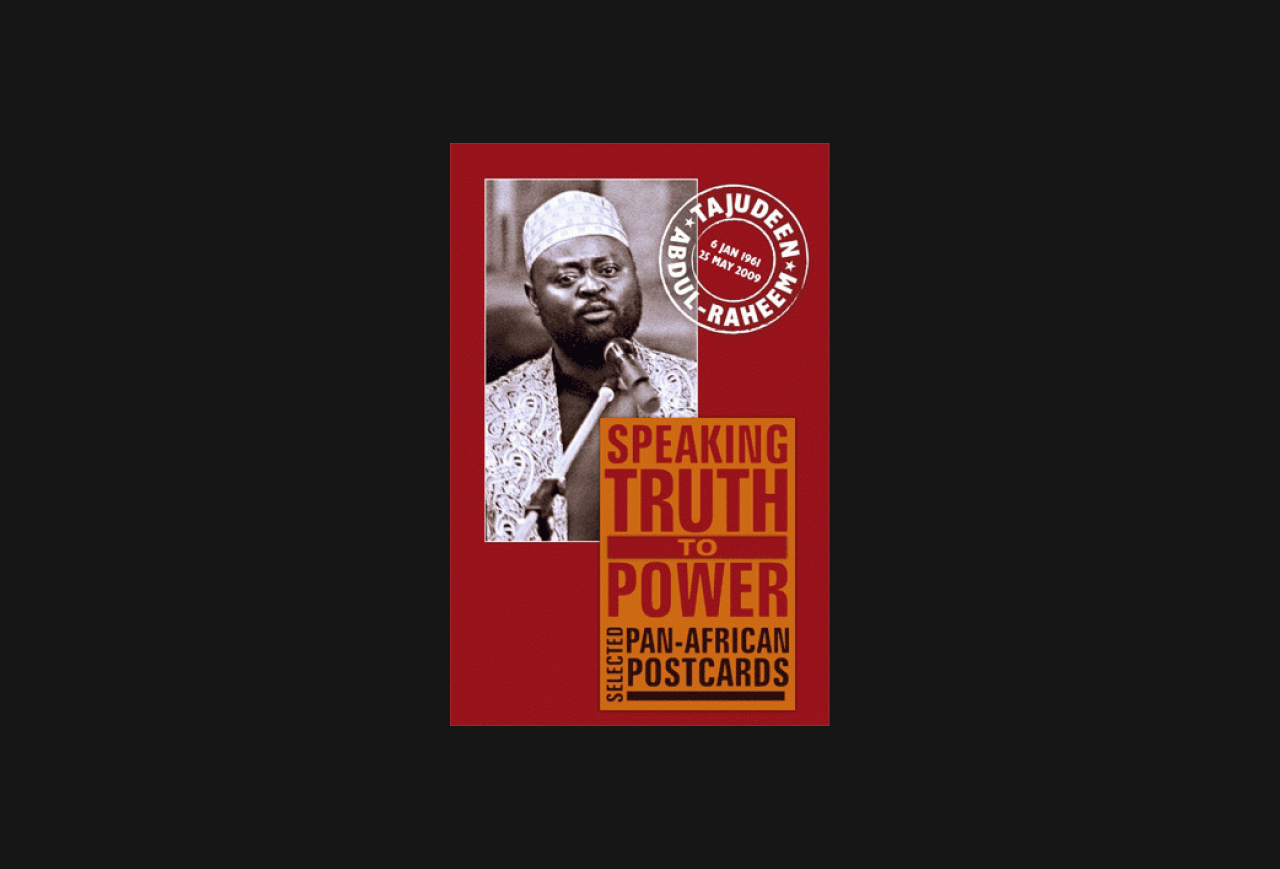On 11 April 2019, the Sudanese army announced the overthrow of the government of President Omar Hansen Al Bashir. It also declared the suspension of the constitution and the parliament and the establishment of a transitional military council that plans to govern the country for a period of two years. African Union (AU) Commission Chairperson, Moussa Faki Mahamat denouncing the actions of the military expressed ‘the African Union conviction that the military take-over is not the appropriate response to the challenges facing Sudan and the aspirations of its people.’
In a decision that it adopted at its 840th meeting held on 15 April 2019, the Peace and Security Council (PSC) of the AU, the standing peace and security decision-making body of the AU, adopted its decision determining the actions taken by the Sudanese army as constituting unconstitutional change of government contrary to long established AU norms. While underscoring the urgent need for the rapid resolution of the situation, it articulated in clear terms a framework for achieving such resolution consistent with the established practice of enforcing the AU norm banning unconstitutional changes of government.
Four of the five elements of the framework for the speedy resolution of the situation provided for in operative paragraph 5 of the communique are most notable and worthy of quoting here. The PSC:
a) strongly condemns and totally rejects the seizure of power by the Sudanese military and its plan to lead the transition for two (2) years; b) reaffirms the imperative of a civilian-led and consensual transition in Sudan, it being understood that a military-led transition would be completely contrary to the aspirations of the people of Sudan, as well as to the relevant AU instruments; c) demands that the Sudanese military step aside and hand over power to a transitional civilian-led political authority, in accordance with the will of the people and constitutional order, within a maximum period of fifteen (15) days from the date of the adoption of the present communiqué, failing which, Council will automatically apply Article 7(g) of its Protocol, in particular the suspension of the participation of the Sudan in all AU’s activities until the restoration of constitutional order; …and e) urges the Sudanese military to refrain from any act or statement that would further complicate the situation in the country and negatively affect regional security and stability.
It is clear from the foregoing that the military’s seizure of power is considered as lacking any legal validity and hence deserving of no international recognition. Additionally, it not only affirmed the necessity of a civilian-led transition, but also demanded the army to cede authority in favor of such civilian-led authority within 15 days from the date of adoption of the decision. In the language of the communique, in the event of the non-transfer of authority to a transitional civilian led-authority at the end of the set time, the provisions of Article 7 (g) of the PSC Protocol involving the suspension of Sudan from the AU would apply. This suspension will be automatic. Finally, it demanded the military to avoid any action that will complicate the situation.
It is to be recalled that in November 2014, the 15 days timeline proved to be a reasonable period. As a timeline that is not too long, it prevented the risk of entrenchment of the role of the military. As such, the reasonable but limited timeline pushed the army into negotiating transfer of authority to a consensual civilian-led transition, enabling it to avoid the the threat of sanction that would have been applied on the expiry of the 15 days deadline.
The centrality of civilian-led transitional authority
What is central to the AU statements and the decisions made by duly constituted meeting of the legally recognized decision-making body of the AU, the PSC, is the emphatic rejection of not only the military seizure of power but also its plan to lead the transition. As a corollary to this rejection of military led transition, the AU demanded a civilian led-authority to be a central pillar of the transition this being considered to be in accord with AU’s norms and the aspiration of the people of Sudan. Indeed, Bashir’s departure did not end the civilian protest movement.
The protests not only persisted but also gained even further energy. This led to the fastest resignation of the leader of the military coup. Lieutenant General Awad Ibn Auf’s rule lasted only for a day. Gen. Abdel Fattah al-Burhan took over the leadership of the Transitional Military Council (TMC). He followed a more flexible approach, appearing to be responsive to the demands of protesters. The TMC lifted the curfew imposed by his predecessor, invited the opposition for a meeting, and arrested the former president and his associates. Burhan made further concessions involving the resignation of three members of the TMC after protesters suspended talks with the military.
While these measures enabled the TMC to engage in negotiations with the protesters and the political opposition in Sudan, it has not won the trust of protesters. Indeed, the abortion by the military of the democratic aspirations of the 1985 popular protests and more recent negative experiences in the region …the protesters are suspicious of the military’s willingness to transfer power willingly. More than two weeks after the the end of Bashir’s regime, the protests continue unabated organized around the central demand for the establishment of a civilian-led transitional authority.
The TMC on a diplomatic charm offensive
While appeasing the protesters, the TMC under the leadership of Burhan has taken steps to consolidate power and mobilize support for its rule. Apart from distancing itself from Bashir’s rule by putting Bashir in prison Kober Central Prison. It sought to amalgamate the Sudanese military forces, with the commander of the Rapid Support Force General Mohamed Hamdan, known as “Hemeti”, becoming the deputy leader of the TMC.
The new TMC under Burhan also sent missions to neighboring countries and the African Union. On the day the AU PSC took the decision rejecting the military seizure of power, a delegation of the TMC came to Ethiopia and held talks with Prime Minister Abiy Ahmed. The delegation also met with the AU Commission Chairperson, Mahamat. In the press statement issued after the meeting, the Chairperson ‘reiterated the African Union’s commitment to work with all the Sudanese stakeholders towards a consensual and inclusive transition that meets the aspirations of the people and ensures the stability of the country.’ While reference was made to the PSC communique of 15 April, the Chairperson’s statement made no reference to a civilian-led transition.
The TMC received the most backing from UAE-Saudi coalition of Gulf States. The Saudi and the UAE pledged 3 billion in aid to Sudan. This windfall for the military junta includes a $500 million deposit in Sudan’s central bank to contain the spiraling depreciation of the Sudanese pound. There are worries that the support from Gulf countries is about sustaining the role of the Army in the transition and will frustrate the plan for the establishment of a civilian-led transition.
Consultative summit of the regional partners of Sudan
As a follow up to the PSC communique of 15 April, the AUC Chair also undertook a visit to Sudan on 21 April. After the consultations he held with various stakeholders, he issued statement urging ‘all concerned stakeholders to agree on earnest on a civilian-led and consensual transition’. In the statement, he also expressed his hope ‘to a successful outcome of their ongoing consultations, as he prepares his report to the Peace and Security Council on the evolution of the situation in Sudan, to be submitted by the end of this month, as per the Council’s communiqué of 15 April 2019.’
In the context of the flurry of regional efforts for shaping the course of events in Sudan, another initiative associated with the AU emerged. On 23 April, the AU Assembly Chairperson, President Abdel Fatah Al-Sisi, convened a consultative summit of the regional partners of Sudan, which brought together the neighbors of Sudan and the members of the AU Troika, namely Rwanda (outgoing Chair of the AU) and South Africa (the designated chair of the AU for 2020). While the consultative meeting having no decision-making power did not took a decision, it made a key recommendation pertaining to the 15 April decision of the PSC. Following the briefing from the representative of the Sudan and AUC Chair following his visit of 21 April, the Consultative meeting recommended that the PSC extends the timeline provided for the Sudanese authorities by three month. This was considered as an expression of support for the TMC, potentially enabling it to drag the negotiations for the formation of a civilian-led transition and thereby entrenching its grip on power.
What next for the PSC?
When the PSC meets at the end of the 15 days deadline on 30 April, it will have to make a determination on whether steps have been taken by the authorities in Sudan to wards implementing the conditions set out in its decision of 15 April 2019.
Central to this is whether there is any progress towards the establishment of a civilian-led transitional authority. In this respect, the AUC Chair Mahamat is expected to provide update on where the negotiations over the formation of a civilian-led transitional authority stands and his assessment of the prospects for the establishment of a civilian-led authority. The major issue for the PSC to determine is what constitutes a civilian-led authority.
While negotiations between the coalition of protesters and opposition forces, the Freedom and Change Forces and the TMC have been underway with intermittent suspension by the Freedom and Change Forces, it has been reported that the negotiations held on 27 April culminated in agreement that the transitional authority would be established jointly. However, major differences have emerged over the composition and form of the transitional authority and the duration of the transitional period. According to Sudan Tribune, Mohamed Nagi al-Asam of the Sudanese Professional Association, key player in the Freedom and Change Forces, following the 27 April talks stated that ‘In our view as the Freedom and Change forces, the majority of the council should be civilians, but our brothers in the military council consider there should be a limited civil representation’. In terms of the duration of the transitional period, the military council proposes two years while the Freedom and Change Forces called for a 4 year transitional period. The negotiating parties have also to agree on the role or scope of authority of the transitional authority being negotiated.
According to the terms of the PSC communique quoted above, if, at the expiry of the 15 days period, the TMC fails to transfer power to a civilian-led transitional authority, the PSC would apply provisions of Article 7(g) of the PSC Protocol particularly the suspension of Sudan from the AU. This would be automatic. Given the recommendations of the Consultative Summit held in Cairo to extend the timeline for a period of three months, the automaticity of this article has become uncertain, if not completely unlikely.
In making a determination on the recommendation of the Consultative Summit for extension of the timeline, there are few issues for the PSC to consider. The first is in the light of the progress being made for the formation of a consensual transitional authority whether it is necessary for the PSC to extend the timeline for as long as the three month period that the Consultative Summit proposed. There is a risk that such prolongation may create conditions that militate against civilian-led transition and lead instead to consolidation by the military of its transitional authority. The other issue is the parameters that the PSC may need to set, when extending the timeline, in terms of the form that the civilian-led transitional authority should take to meet ‘the aspirations of the people of Sudan, as well as to the relevant AU instruments’, in the words of its 15 April communique. Finally, the PSC may also need to consider the tasking of the AU High-level Panel on Sudan, otherwise known as the Mbeki Panel, or a new envoy of the AUC Chair, to ensure that the negotiations between the Sudanese parties produce the expected outcome before the end of the extended period and help them bridge their differences on such other issues as the duration of the transitional period and the scope of authority/mandate of the transitional authority.
If the reconsideration of the 15 days timeline set in the PSC decision of 15 April is not approached within the framework of the foregoing, it may lose the limited influence that the communique of its 840th meeting has created for it over the negotiations for the transition. Given the influence that external powers, particularly Gulf Countries, are mobilizing to shape the course of the transition, without detailed and clear parameters set within the framework of the considerations highlighted in the foregoing paragraph, instead of the aspirations of the people of Sudan and the values and principles of AU instruments it would be the realpolitik of backroom deals that would be made with the TMC that may determine whether there would be a genuinely civilian-led transition and if Sudan could avoid the risks of descent into violent contestations.


